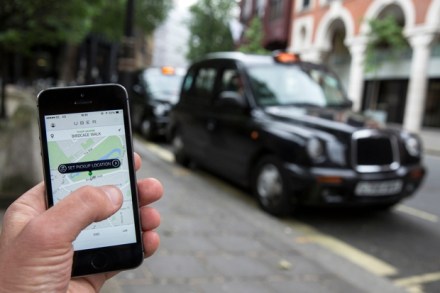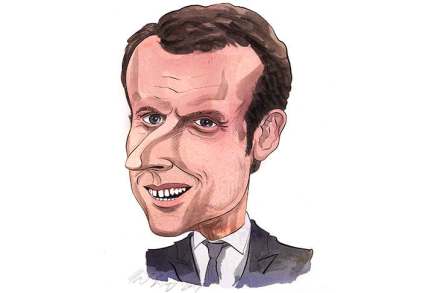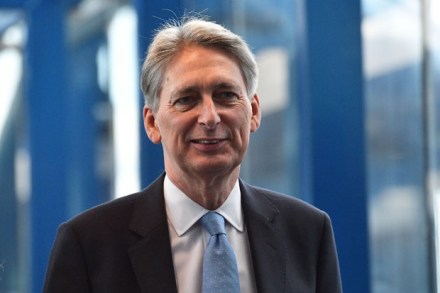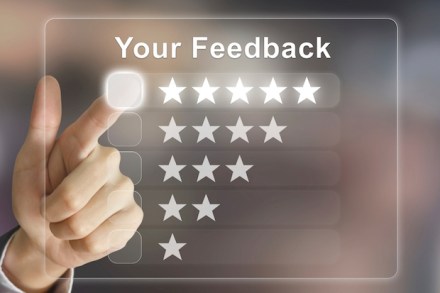Corbynistas fail to practise what they preach
TFL’s decision not to renew Uber’s licence in the capital has gone down like a cup of cold sick with many Londoners – including a good chunk of the 40,000 drivers who will soon be out of work. However, over at Labour conference in Brighton, the decision has proved very popular. It’s been praised at the fringe events, by Labour politicians and just today Tim Roache – the General Secretary of GMB – has spoken at conference where he called on all Labour members to boycott the taxi firm. Alas Mr S thinks his words may have fallen on deaf ears. So far, several conference attendees trying to get an Uber to or



















